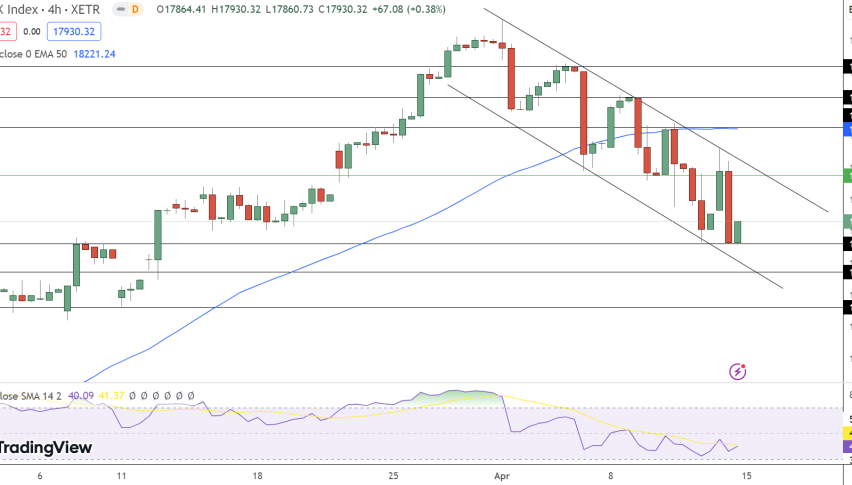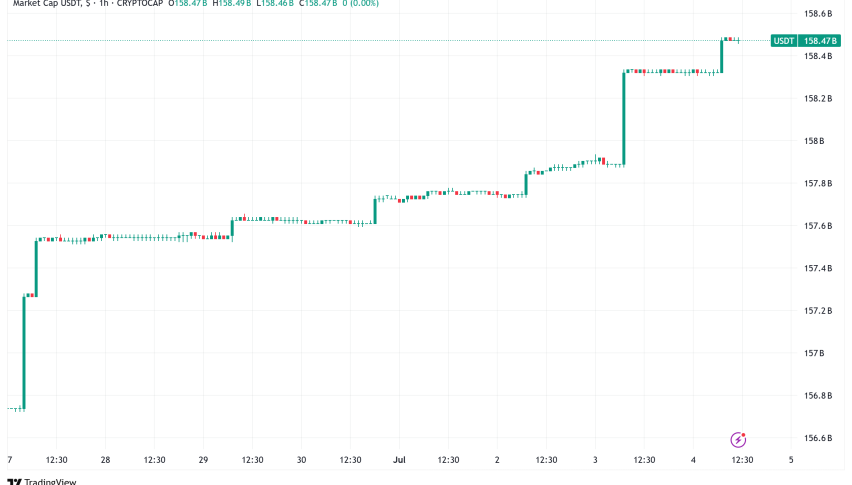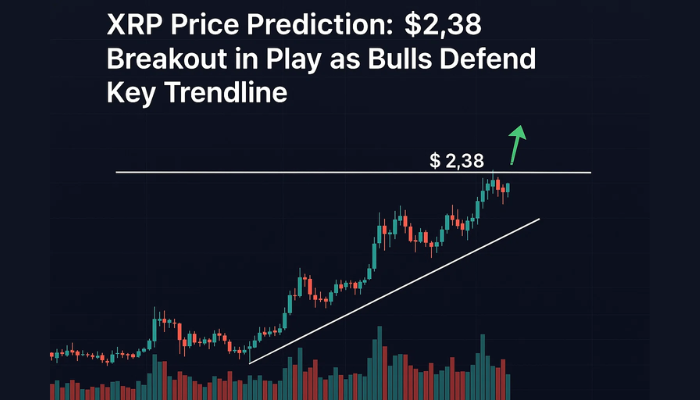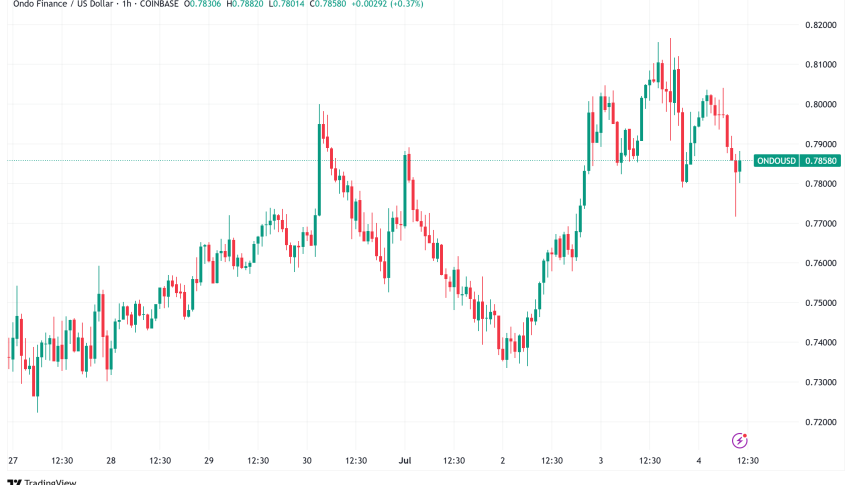German 30 Climbs to 18,158 Amid Positive ThyssenKrupp News and ECB Rate Cut Hints
The DAX index, representing the German stock market, has managed to halt its previous downward trend and recently showed

The DAX index, representing the German stock market, has managed to halt its previous downward trend and recently showed strong positive performance, reaching 18,158 points.

However, the major factor behind this upward trend has been positive news from ThyssenKrupp AG, with their shares surging nearly 4%. The company announced strategic changes in its Steel division, including production capacity cuts in Duisburg and forthcoming job adjustments. Meanwhile, the upward trend was driven by the central bank actions and market expectations regarding interest rates.
ECB Opens Door to Rate Cut in June – Impact on DAX Index
On the Euro front, the European Central Bank (ECB) recently hinted at a potential rate cut in June, which had a notable impact on the DAX index. This move is part of the ECB’s strategy to address consumer price inflation, which eased to its lowest level in nearly three years. The inflation slowdown, particularly in food and energy costs, prompted the ECB to consider measures to stimulate economic activity.
While the ECB’s decision to maintain key borrowing rates unchanged at 4.5% initially seemed restrictive, the possibility of rate cuts from June onwards has injected optimism into the market. Investors are closely monitoring ECB commentary and data to gauge the trajectory of interest rates, which in turn influences their investment decisions in DAX-listed stocks.
Fed Rate Cut Speculation Wanes – Impact on DAX Index Sentiment
On the US front, the speculation about rate cuts from the Federal Reserve (Fed) has diminished, impacting investor sentiment and the DAX index. The US Producer Price Index (PPI) numbers for March indicated sticky consumer price inflation, leading to reduced expectations of immediate Fed rate adjustments. The annual core PPI growth exceeding estimates further contributed to the perception that the Fed may delay rate cuts until after the September meeting.
The change in expectations has dampened interest in riskier assets like DAX stocks. Investors are adjusting strategies in response to shifting central bank policies and economic data, causing potential short-term fluctuations in DAX performance.
German 30 (DAX) Price Forecast
The German 30 index (DAX) closed the week at 17,930.32, marking a decline of 1.35%. The four-hour chart analysis pinpoints several crucial price levels to monitor in the coming sessions. The DAX currently stands below its pivot point at $18,075, suggesting a bearish outlook. Resistance levels are staged at $18,226, $18,322, and $18,419, which could limit upward movements.

Conversely, the index finds immediate support at $17,861. Should this level give way, further supports at $17,771 and $17,661 will become significant. The Relative Strength Index (RSI) at 40 indicates a bearish momentum, while the 50-day Exponential Moving Average (EMA), positioned at $18,221, aligns closely with the first resistance level, reinforcing the importance of this threshold.
- Check out our free forex signals
- Follow the top economic events on FX Leaders economic calendar
- Trade better, discover more Forex Trading Strategies
- Open a FREE Trading Account


